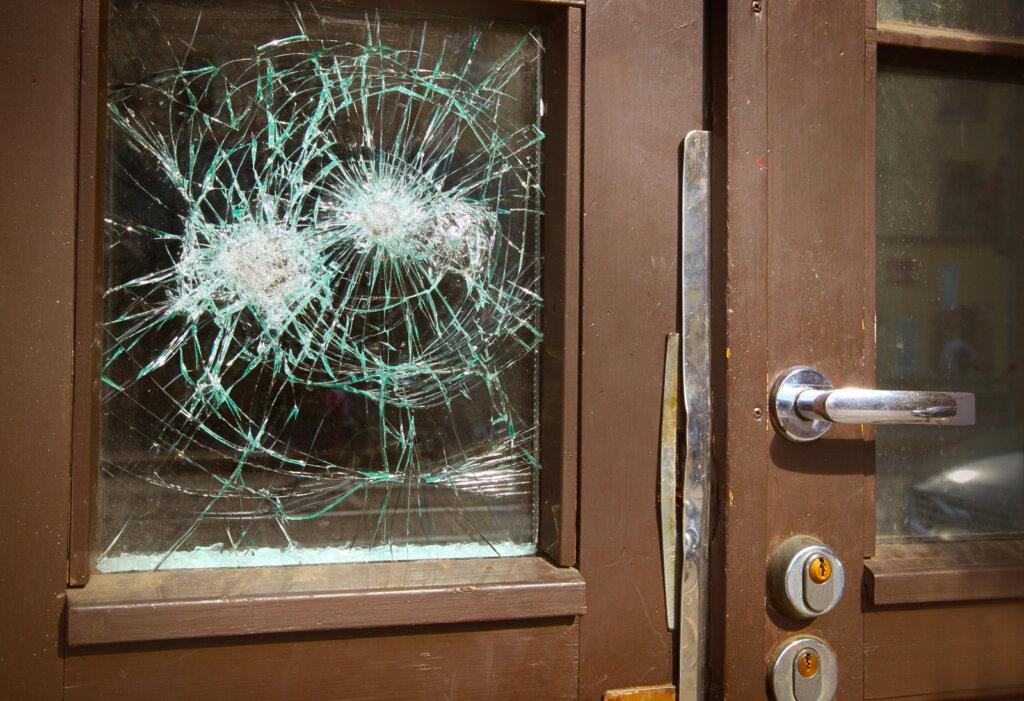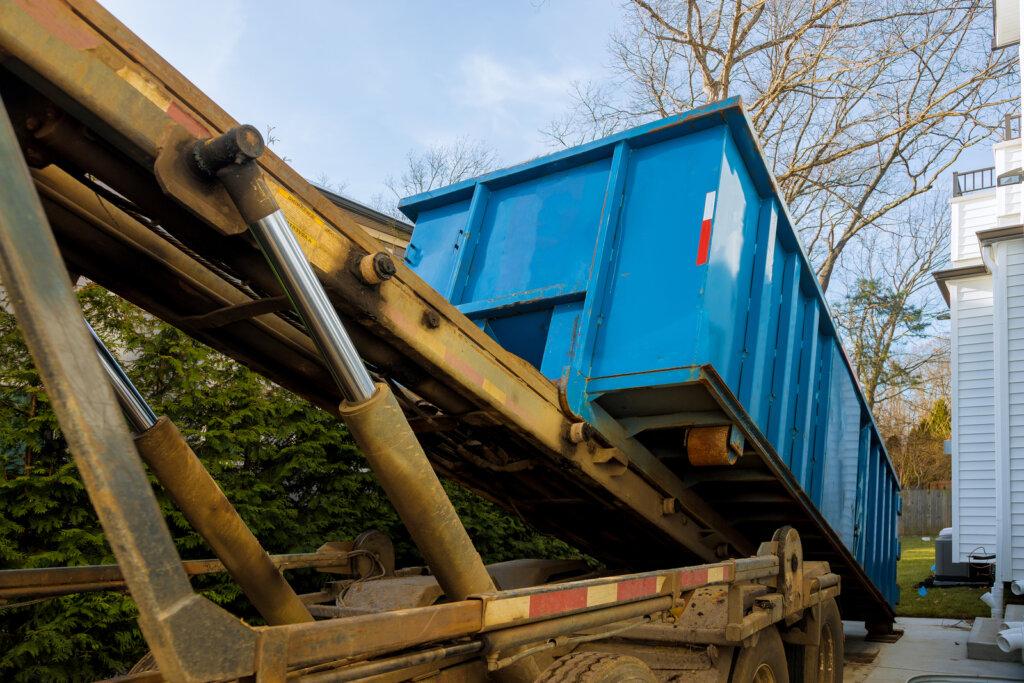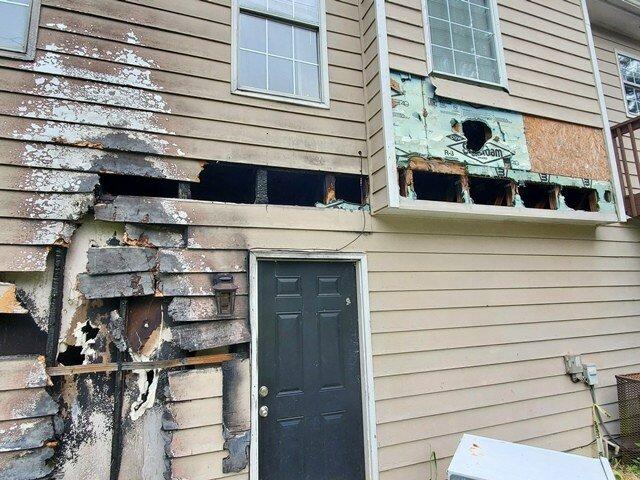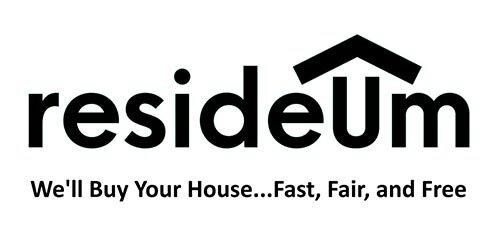(Video transcript at bottom of page)
1. Very Emotional Situation
2. Expenses Don’t Stop
3. The Property May Be a Long Way From Where You Live
4. Vacant Property

5. Older Homes Need Repairs and Upgrades
6. House Full of Stuff/Junk

What To Do With An Inherited Property
Keep It
Sell It
There are two traditional ways of selling a property:
- For Sale by Owner. This requires you to post a sign or other advertisements, conduct open houses and showings yourself, field offers and do all your negotiating with buyers. If your property is in another city, the for-sale-by-owner option is a difficult one.
- Sell With a Real Estate Agent. Listing the house with an agent lets you step back from the selling process while your agent is responsible to post for-sale signs, list the house online, show the house, receive offers and present them to you, and help you with negotiations and deal with other tasks. Agents can even attend closings when necessary. This is a hand-off approach for you as the seller, but you will pay the agent a commission (usually 6%) for the help they provide.
The big house-selling challenge comes when a house is not in good condition or when it needs major updating. As previously discussed, inherited properties unfortunately tend to be in sub-standard condition because they are likely older, outdated and in need of repairs.
Repairing and remodeling a house involves several things:
- Money
- Contractors
- Time
- Work
Resideum is a professional homebuyer. We buy houses in Atlanta in any condition, and that’s the big difference between the first two ways of selling your house, and us. If you try to sell a house that has problems, for example, fire damage, you probably will not be able to find a traditional buyer. A family looking for a home is not going to consider a house that has fire damage. They want a house they can move into now. They want a house that is clean and safe and secure.

We buy houses in Atlanta in ANY condition and we solve house problems for homeowners every day.
If this sounds like a viable solution to your inherited house problem, click here to send us a few details about your property . It’s confidential. It’s free. And there’s no obligation.
If you prefer to speak with us on the phone, call us at (678) 710-6130 and we will be happy to answer your questions and discuss your particular situation.
Video Transcript
Greg Kurzner:
Hi, guys, this is Greg Kurzner.
Brent Bagley:
And I’m Brent Bagley.
Greg:
And we’re with Resideum. Today, we’re going to talk about inherited properties. So if you’ve ever inherited a property or perhaps you know someone who has it is a pretty complicated situation. And we are here today to go through some of the challenges that you face, maybe as an administrator for an estate or inheriting a property from a loved one so that you’re kind of clear on what happens, the whole process and you can avoid some of the gotchas that happen.
Greg:
So let’s talk about some of the main things that happen.
Brent:
All right.
Greg:
I’ve got Brent and Brent going to answer the questions today, and he’s he’s ready to rare and go. So what’s the first and the biggest challenge you think people who are inheriting properties face?
Brent:
I mean, the biggest challenge is that you’re inheriting a property from more than likely a loved one. Someone has passed away. And the difficulties there is going into the house, going through the personal items, just getting everything ready. Even if you’re going to be putting it on the market, it’s going to be hard. And some people find that difficult to do.
Greg:
Yeah, I think because essentially we’re talking about a real estate transaction, right?
Brent:
Yeah.
Greg:
Your working your way through an estate with a home and you’re at the same time doing it while your mourning. You’re in grief. So I get that that’s, you know, real estate’s an emotional transaction to begin with. But then when you’re dealing with a loved one’s home and with the loss of a loved one, it really is complicated. So that’s something to bear in mind that you really do have to try to create some separation between the grief and the business transaction that the real estate is involved with.
Greg:
So in addition to that, what other kinds of things do you typically find are challenges with the inheritance process, if you will?
Brent:
Another challenge you’ll face when inheriting a property is the fact that the mortgage payment doesn’t stop, the taxes are still owed, utilities are still owed. You still gotta mow the lawn and take care of those just regular expenses that you wouldn’t think about.
Greg:
And that’s interesting because I think a lot of people think, OK, when the homeowner passes, you know, that the real estate all of a sudden sort of sits in some kind of void. But again, you’re right, mortgage payments are due. You know, taxes are due and all that stuff continues. So in a case like that, where a house has a mortgage on it, who who pays for that? Is that something that you’d have to pay for or what?
Brent:
So, I mean, basically, it falls on whoever inherits the property. Now, if let’s say there was money left in the inheritance along with the property, then, yeah, you’ve got that money to help pay for those bills.
Greg:
Ok.
Brent:
But if you didn’t inherit any money, you’re going to have to pay that out of pocket.
Greg
Right. And that’s a challenge for a lot of people. I mean, if some people are struggling to make their own mortgage payments, pay their own bills, are they going to be in a financial position to pay somebody else’s bills while that house is, whatever it’s working its way through probate, right?
Brent:
Yeah.
Greg:
So that’s a big challenge. And especially when people aren’t planning on selling the home to recoup the proceeds right away. They’ve got, they’ve gotta budget that or see how they’re going to be able to handle it financially.
Brent:
Yes.
Greg:
Gotcha. OK, so we talked about the emotional challenges that inheriting creates and we’ve also discussed the expense part. So, what about location?
Brent:
Well, challenge there is going to be if you live out of state or another city, you’re going to have added expenses traveling to the property to check in on it. Or if you have to hire somebody to go and look in on it. If you’re in another state, you know, you’re not gonna want to drive every couple of weeks to check on the property.
Greg:
So definitely being out of state’s a challenge. Now, what about if the property’s vacant?
Brent:
All right. So with a vacant property, you’re going to have, you know, snooping and there is possibility of vandalism, someone breaking into the house.
Greg:
Yeah.
Brent:
So you want to have someone checking in on it and then you’ve got to make sure you’ve got the right insurance policy. So insurance policies will probably cover you for the first couple of months. But once the property’s vacant, you’ll have to have a certain policy called a vacant property insurance policy.
Greg:
So my typical homeowner’s insurance won’t cover a vacant property?
Brent:
No.
Greg:
Wow, that’s good to know.
Brent:
And it’s a lot more expensive than a typical policy as well.
Greg:
OK, gotcha. So a lot of times when loved ones pass they’re elderly, right?
Brent:
Uh huh.
Greg:
And I would think that many of the times too that the homes that they live in are older too.
Brent:
Yes.
Greg:
So what are some of the challenges with older homes?
Brent:
So challenge you’re going to face with older homes are the homes are going to need repairs. You know, you need to fix the gutters or, you know, there can be some leaky pipes.
Greg:
Right.
Brent:
Another thing that you’ll face is the house. You know, if you’re looking to sell the house for top dollar, it’s going to be outdated and you’re going to have to remodel the home to get it up to market standards.
Greg:
Oh, wow! So like new kitchen, new appliances. Wow!
Brent:
Yeah.
Greg:
OK, so that could get very, very expensive.
Brent:
Yeah, that can get expensive and put even more money out of your pocketbook.
Greg:
Right. That you may not have.
Brent:
That you may not have.
Greg:
OK, so I have another question. So, what do you do with all the stuff that’s in the house?
Brent:
I mean, you’ve got some options. There’s estate sales, yard sales, selling it on eBay.
Greg:
And an added problem would be if you’re not close by, how do you kind of coordinate estate sales or selling stuff on Facebook Marketplace? Where I guess that’s pretty difficult as well.
Brent:
Yeah, and there’s companies that you can hire to do that.
Greg:
OK, but still, that sounds like money, right?
Brent:
Yeah.
Greg:
So inheriting a property a lot of people think is maybe a great financial windfall. You know, a nice gift from a loved one. But it sounds like it can also be very stressful and very costly…
Brent:
Yes.
Greg:
…if the goal is to ultimately sell the home.
Brent:
Yes.
Greg:
So what are the options? Let’s say that they don’t want to keep it in the family and they want to maybe sell it so that they can take the proceeds and pay for college or something else for the kids. What would they do?
Brent:
So there’s several options out there for you. If the house is in good condition, you could list it with an agent or you can do for sale by owner. For sale by owner I personally would do that option if I wanted to save on the commission and didn’t want to have to pay an agent to do it.
Greg:
But you also have to spend a lot of time and energy and putting signs up and taking phone calls and stuff like that, right?
Brent:
Yeah, you have to do it yourself.
Greg:
So Brent. But what if the house is not in good condition?
Brent:
Well, if the house isn’t in good condition, the best option is going to be to sell it to a professional home buyer like Resideum.
Greg:
And what is a benefit that Resideum or another professional home buyer can offer that, say, a real estate agent or for sale by owner really can’t?
Brent:
You’ll get a cash offer? No inspections. We’ll buy the house as-is, no commissions and no closing costs.
Greg:
How about fast, though? Is it fast?
Brent:
Yes, it is fast. We can close in as little as seven days.
Greg:
Great. So if you’ve inherited a property that needs work and you either can’t or won’t take the time, money and energy to fix the home up, to get it to sell quickly retail, then there is an option and a group like Resideum is out there to be able to buy the home for cash?
Brent:
Yes.
Greg:
That’s fantastic. So if your inherited house needs a bunch of work and you don’t have the time, the expertise or the money to do it yourself, Resideum buys houses in any condition in metro Atlanta. And we can get you a fast, all-cash and no-obligation offer in twenty four hours. Click on the link below today and we’ll get you your offer tomorrow.

